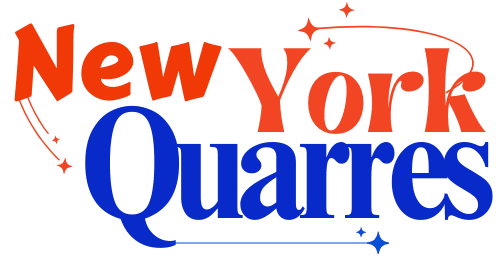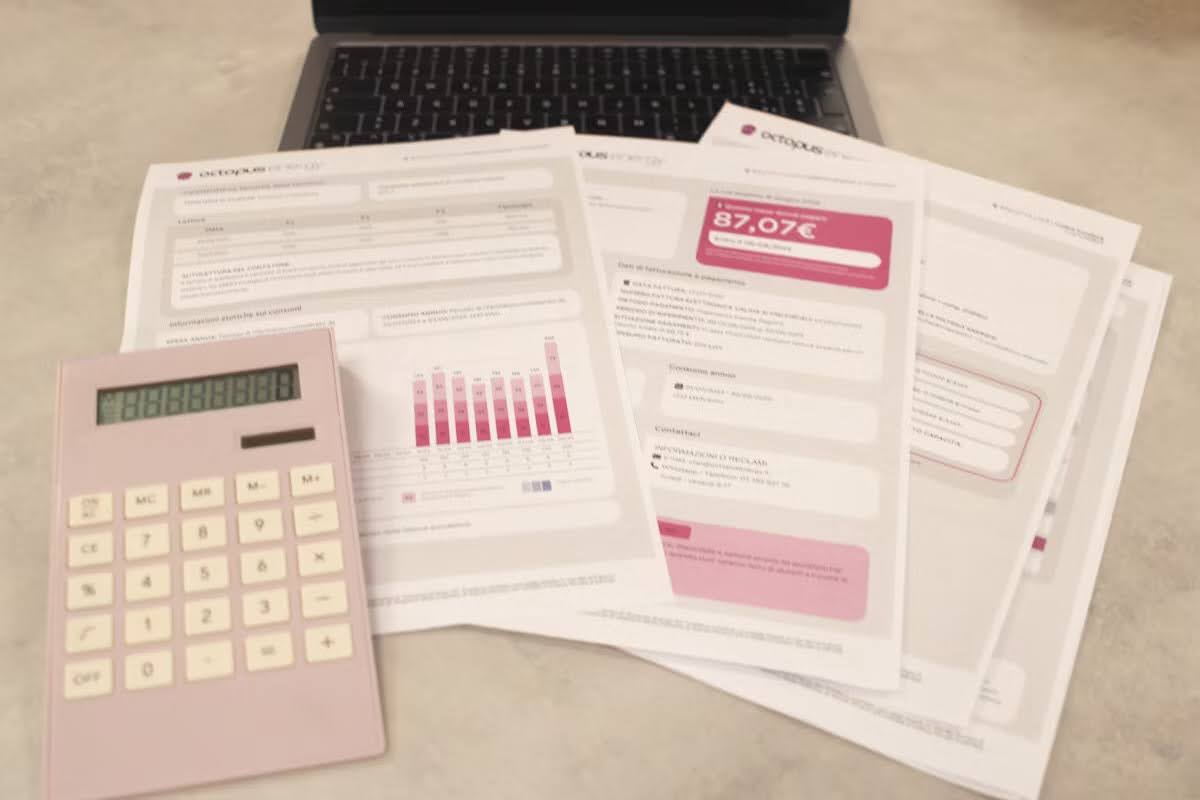Managing business taxes can be overwhelming, especially with changing regulations and filing requirements. Many business owners choose to become certified tax preparers so they can handle their own filings with confidence and accuracy. Not only does this save money in the long run, but it also gives you greater control over your business finances.
If you are considering becoming a tax preparer for your business, here are five important steps to follow.
1. Understand the Role of a Tax Preparer
Before diving in, it is essential to understand what a tax preparer does. Tax preparers are responsible for accurately filing returns, staying compliant with federal and state laws, and ensuring clients—or in this case, your business—maximize deductions while avoiding penalties.
By preparing taxes yourself, you reduce dependency on outside professionals and gain deeper knowledge of your company’s financial health.
2. Take Training Courses
One of the most important steps in becoming a tax preparer is completing tax preparer training courses. These programmes teach you everything from tax codes and filing processes to ethics and compliance requirements.
Training courses also familiarize you with the latest tax software, which streamlines the preparation process. Even if you have prior accounting knowledge, formal training provides certification and credibility, ensuring you are well-prepared to manage your business’s taxes confidently and correctly.
3. Obtain Necessary Credentials
Depending on your location, you may need specific credentials or registration to become a certified tax preparer. For example, in the United States, obtaining a Preparer Tax Identification Number (PTIN) from the IRS is mandatory. Some states may also require additional licenses.
Research the legal requirements in your area and complete any exams or paperwork needed to operate legally. Proper credentials not only keep you compliant but also give your business added credibility.
4. Familiarize Yourself with Tax Software
Modern tax preparation heavily relies on technology. Tax software simplifies calculations, checks for errors, and ensures you do not miss deductions or credits. As a business tax preparer, you should become comfortable using software like TurboTax, Drake Tax, or QuickBooks.
Mastering these tools increases efficiency, reduces mistakes, and saves time during the busy tax season. Knowing these software can reduce the need for outsourcing tax preparation services.
5. Stay Updated with Changing Tax Laws
Tax laws are constantly evolving, and staying informed is critical. A common mistake is assuming that once you learn the basics, you are set for life. To remain effective, subscribe to tax bulletins, attend webinars, or join professional associations that provide updates.
This ensures your business stays compliant and avoids unexpected penalties due to outdated knowledge.
Conclusion
Becoming a tax preparer for your business is a smart move that offers long-term financial control and savings. By understanding the role, completing training courses, obtaining necessary credentials, learning tax software, and keeping up with evolving laws, you can confidently manage your business taxes. With the right preparation and commitment, you will not only handle your filings more efficiently but also strengthen your overall financial management.




